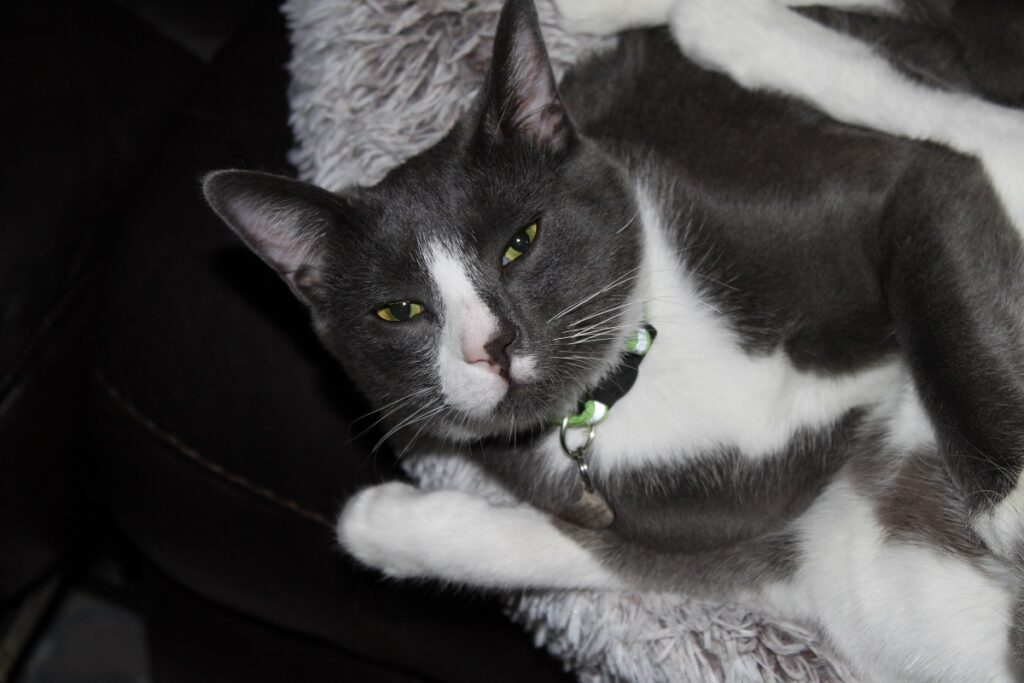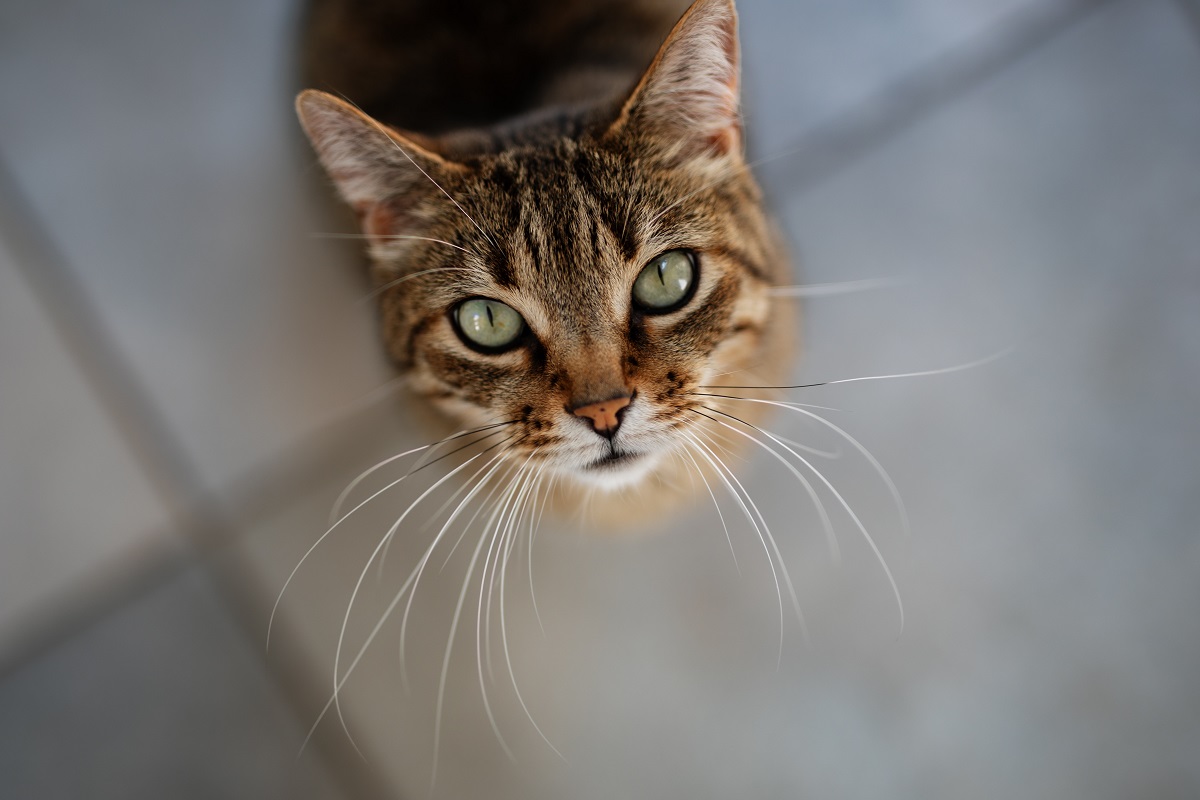Let’s be honest: nobody expects a cat’s litter box to smell like roses, but if your eyes water every time you walk by, something isn’t right. While smelly cat poop is part of life for most cat owners, there are several ways to tame the stink and make things more pleasant for everyone involved.
Whether your feline’s litter box is a toxic zone or just a little funkier than you’d like, this guide will help you understand what’s normal, what’s not, and what you can do to freshen things up.
What’s Considered Normal?
First, a quick reality check. All poop smells. Even the daintiest kitten is capable of producing a surprisingly offensive deposit. But if the smell is unusually strong, lingers for hours, or makes you wonder if something died in there, you might have an issue on your hands.
Normal cat poop should have a noticeable but relatively mild odor and a firm, log-like shape. Anything that’s unusually soft, runny, or wildly pungent could indicate a problem.
Keep in mind that kittens, in particular, can have smellier poop while their digestive systems are still maturing. Things tend to even out as they grow older, especially with a proper diet.
What Causes Cat Poop to Smell So Bad?
Several things can affect the, ahem, aromatic profile of your cat’s litter box. The usual suspects include:
- Diet: Foods that are rich in fillers, preservatives, or low-quality protein can make waste smell worse. Wet food can also lead to softer, smellier stools in some cats.
- Digestive issues: Cats with food sensitivities or gastrointestinal trouble often have stinkier poop.
- Parasites or infections: Intestinal parasites like giardia or worms can cause particularly foul-smelling stools.
- Litter box hygiene: If the box isn’t scooped regularly, even normal poop can turn into a nose-wrinkling nightmare.
- Stress or anxiety: Yep, stress can mess with a cat’s gut just like it can for humans.
How to Make Your Cat’s Poop Less Smelly
Now that we’ve covered the causes, let’s talk about the solutions. Here are a few ways to keep things under control:
Upgrade Their Diet
Switching to a high-quality, protein-rich cat food with limited fillers can dramatically reduce odor. Look for foods with real meat as the first ingredient and avoid anything packed with corn, wheat, or artificial additives.
If you suspect a food sensitivity, try an elimination diet or talk to your vet about hypoallergenic options. Some cats do better on grain-free food, while others need a bit of added fiber.
Keep the Litter Box Spotless
This is the big one. Scoop at least once a day, and do a full litter change and box scrub once a week. If you’ve been skipping cleanings (no judgment), you’re probably just smelling old waste hanging around.
Also, make sure you’re using a high-quality clumping litter that traps odors well. Some litters offer activated charcoal or baking soda for extra freshness.
And yes, covered litter boxes can trap smell inside, but they can also trap it in the room if not cleaned regularly. Keep airflow in mind.
Try a Litter Box Additive
There are safe litter box additives made specifically to neutralize odors without harming your cat. These usually contain baking soda or other natural deodorizing agents.
Skip the scented sprays or perfumes, though. Cats have very sensitive noses and may avoid a box that smells like a florist’s shop exploded.
Look Into Probiotics
Just like humans, cats can benefit from a healthy gut. Probiotics may help improve digestion, firm up stools, and reduce odor.
You can find probiotics in powder form, chews, or even incorporated into some specialty foods. Always choose a product formulated for cats, and check with your vet before adding anything new.

Dear Joey, You really need to do something about that, you know… that poop thing. I mean, it’s bad enough that you have such a hard time keeping it in the litter box, but the odor! How do you make such powerful smells? And for God’s sake, can you please bury that stuff when you’re done with it? There are others that have to breathe the same air, you know… #StinkyKitty #PleaseBuryYourPoop
Winston
Rule Out Medical Issues
If your cat’s poop smells truly awful and nothing seems to help, it’s time to call the vet. Chronic diarrhea, overly soft stools, or sudden changes in smell can all signal a deeper health issue.
Parasites, bacterial infections, or inflammatory bowel disease could be at play, and the sooner you catch it, the better for your cat (and your nose).
Final Thoughts: Don’t Just Mask the Smell, Fix It
You don’t have to accept stinky litter box situations as part of the deal. With the right diet, clean-up routine, and a little investigative work, your cat’s poop doesn’t have to clear a room every time they go.
Sometimes the answer is as simple as a food switch. Other times, it’s about dialing in your litter box hygiene. And occasionally, it’s a clue that something more serious is going on. No matter what, your nose, and your cat, will thank you for sorting it out.
Sources:
VCA Animal Hospitals: Diarrhea in Cats https://vcahospitals.com/know-your-pet/diarrhea-in-cats
Cornell Feline Health Center: Feline Gastrointestinal Disorders https://www.vet.cornell.edu/departments-centers-and-institutes/cornell-feline-health-center
PetMD: Cat Poop Smells So Bad https://www.petmd.com/cat/general-health/why-does-my-cats-poop-smell-so-bad
American Veterinary Medical Association: Nutrition FAQs https://www.avma.org/resources-tools/pet-owners/petcare/cat-nutrition-tips
Recent Posts
Your Cat Might Be a Furry Little Healer… or at Least a Fuzzy Alarm System If you’ve ever had your cat suddenly become extra clingy when you’re under the weather, you’re not alone. From...
Cats are experts at hiding things, socks under furniture, their disdain for your playlist, and, unfortunately, symptoms of illness. In the wild, showing weakness could make them a target, so even...


